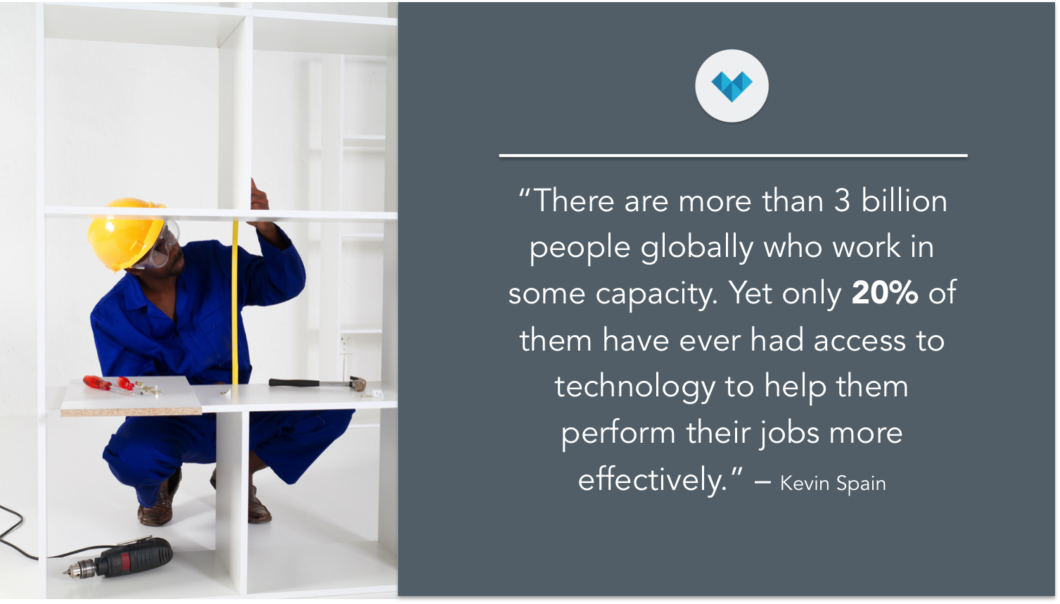Last year, during a trip to Nigeria – Africa’s largest economy and one of the fastest growing economies in the world – I saw an opportunity to bring technology
My sister – who just had a baby at that time – needed someone to fix her broken power generator (As we all know, power problem is endemic in majority Africa). It took 7 hours for someone to arrive and fix it. When I came back to Finland, I heard a similar story from a Brazilian friend (whom we initially started working together on
It hit me that some Brazilian and Nigerian cities share very similar characteristics — Overpopulation, densely populated areas,
Therefore, if your trusted electrician or fashion designer will be on the other side of the city, the price you pay is lengthy hours of commuting or waiting. It takes an average of 5 hours to move from Lagos Mainland to Lagos Island during heavy traffic. 5 hours. Who wouldn’t want to avoid that?
Some solutions try to bridge this gap in the form of directory listings that any third party can create for services. Consumers and service providers are frustrated by trust issues, delays and inaccessible interfaces which makes the entire experience a disaster. So, we started digging into all the potential ways of solving this problem.
In the United States and some parts of Europe, the sharing economy and collaborative consumption are already shaping the way we use services. From renting a place to stay on Airbnb to finding someone to clean your apartment on Taskrabbit. The way we get what we want is shifting from buying to discovering someone around the corner who can offer a service we need. Just as social media powered peer-to-peer sharing of content, collaborative economy is powered by technologies such as mobile, which is predominantly the first access to computer for most people in Africa and other emerging economies.
As Kevin Spain mentioned in a recent post on Techcrunch, “ there are more than 3 billion people globally who work in some capacity. Yet only 20 percent of them have ever had access to technology to help them perform their jobs more effectively”. Majority of these people live in Asia-Pacific, Middle East and Africa and Latin America.

Smartphone penetration is skyrocketing and despite the relatively high cost of data, people spend tremendous amount of time on Facebook, Twitter, gossip blogs and very recently, online shopping. On the other hand, a report by the EY reveals the middle class in emerging markets is growing at 600% AGR.
This means people spend more time working and have less time to do home and personal chores. Therefore, they are constantly looking for convenient solutions as they race against time to balance between work and everyday chores. At the same time, there is also a shift in the way people are staying connected, searching and sharing information — whether through traditional, online or mobile directories.
Most of Africa’s unemployment rate is at double digit. Nigeria is estimated to have more than 23% unemployment rate and there are more than 64 million people between age 15 and 34 years old that fall in this category.
What if the carefully thought collaborative economy is factored into the mix of solutions we are developing to reduce unemployment across most emerging markets?
The collaborative economy does not only help existing services find more opportunities but could help anyone with skills work anywhere, anytime. Traditional marketplaces hardly work in emerging markets; Existing web-based directories have a penetration of only 4% in Nigeria thus leaving the other 96% of the 17million local service providers out of the inefficient system. However, mobile does and the opportunity to solve this social and economic challenge is enormous.
At Goly, we have made this our cause to bring a solution to the market that people will love. By capitalizing on the unique capabilities of the smartphone such as cameras and GPS, Goly is a mobile marketplace that connects verified skilled individuals and local services with opportunities around them. Goly uses your location to help you find networked local service providers when you need them. We have an endless list of bundled services we are working on to make service providers smarter. They include payment solutions and simple accounting tools that can work even with limited Internet connectivity.
Starting with Nigeria (33% of Internet users in Africa are Nigerians) and plans for other fast growing emerging markets in Africa, Asia and Europe, we hope to help bring technology to underserved markets, create jobs, bring innovation to local cities and bring trust to services found through online channels.

